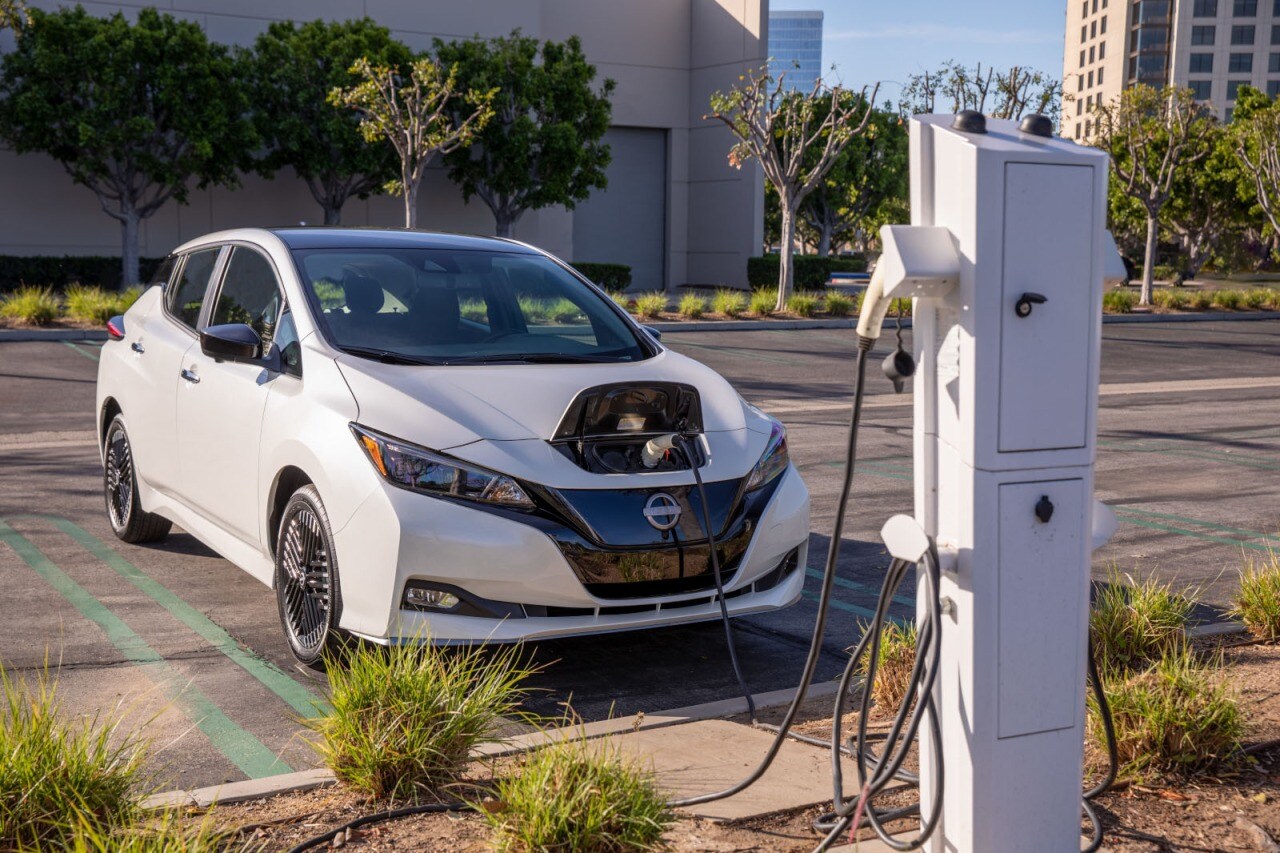- Lithium is predicted to be in short supply, throwing a kink in the battery supply chain.
- As more automakers roll out more EVs, getting batteries is about to become more expensive.
- Prices are predicted to fall for a moment, then shoot up by 22% over several years.
Looming Shortage of Lithium May Drive EV Prices Up
According to research firm E Source, the price of EV batteries is poised to jump next year.
Demand for electric vehicles is hotter than ever thanks to the one-two punch of high gas prices and highly regarded new models seemingly released each day. But even though limited inventory and commonplace dealer markups might make it seem like the absolute worst time to buy a new EV, you might want to think about taking a look sooner rather than later. A recently released report from research firm E Source predicts significant increases in battery costs over the next few years, which will ultimately be passed onto consumers.
Here's what we know.
Lithium is the key
In an article by CNBC, findings from E Source point toward an initial drop in the price of battery cells in the short term, followed by a 22% increase over the next few years as a result of rising raw materials costs. According to E Source, battery cell prices — currently priced at about $128 per kWh — could drop to roughly $110/kWh in 2023 and then rise all the way up to $138/kWh by 2026. It then says prices could then decline steadily through 2031 down to as low as $90/kWh. E Source estimates this could drive up the cost of an EV by $1,500-$3,000 per vehicle, which could affect EV sales overall.
Since these are all predictions, this report is no guarantee how things will actually play out, but the core of the issue comes down to basic supply and demand. Manufacturers are releasing more appealing electric vehicles all the time, rising gas prices are causing more people to consider EVs, and there are political pressures for widespread EV adoption. These forces are all driving demand, and shortages in critical battery components like lithium will eventually lead to battery supply being overwhelmed, triggering higher prices.
Though the problem is clear, the solution for the industry at large doesn't seem so straightforward. E Source explains that as the price of lithium has risen almost 900% over the last year and a half, the number of investments on the mining and production side has not. The report notes that the majority of lithium investment has originated from China for that market.
How much impact will it have?
Though the underlying issues are clear, we don't know how much of an impact higher prices will have on EV buyers. After all, shoppers are already paying thousands above sticker to get into a new car. Would a $3,000 increase in price even make a blip, especially as consumers are generally seeking out longer loan terms to reduce monthly payments?
Edmunds says
The microchip shortage may end over the next year or two, but there's a shortage in raw materials that will keep prices of EVs high for a while. Battery prices should begin falling in 2026 — just in time for that new Volkswagen Scout you've been eyeing.
Am I Ready for an EV?
- EV ownership works best if you can charge at home (240V outlet) This typically means a 240V home installation, or other places your car is parked for several hours each day. Don't expect a regular household outlet (120V) to suffice.
- Adding a home charging system is estimated to cost $1,616 in This is an estimate for your area. Using your address and the answers you provide, Treehouse can provide a more accurate price.
- Edmunds is partnering with Treehouse, an independent provider of home EV installation services. Learn more Edmunds customers receive a 10% installation discount and 4% smart charger discount. Discount excludes permit, hosted inspection, and load management devices. Valid for 30 days.





 by
by